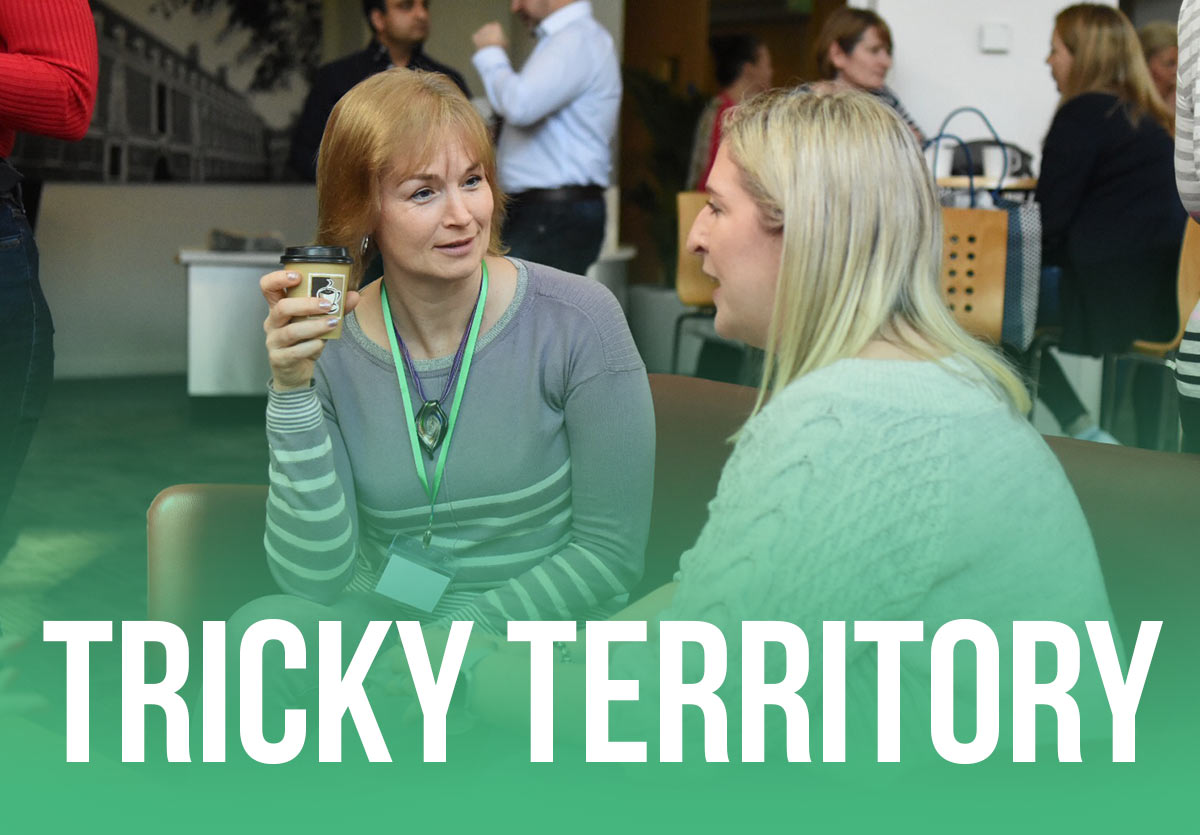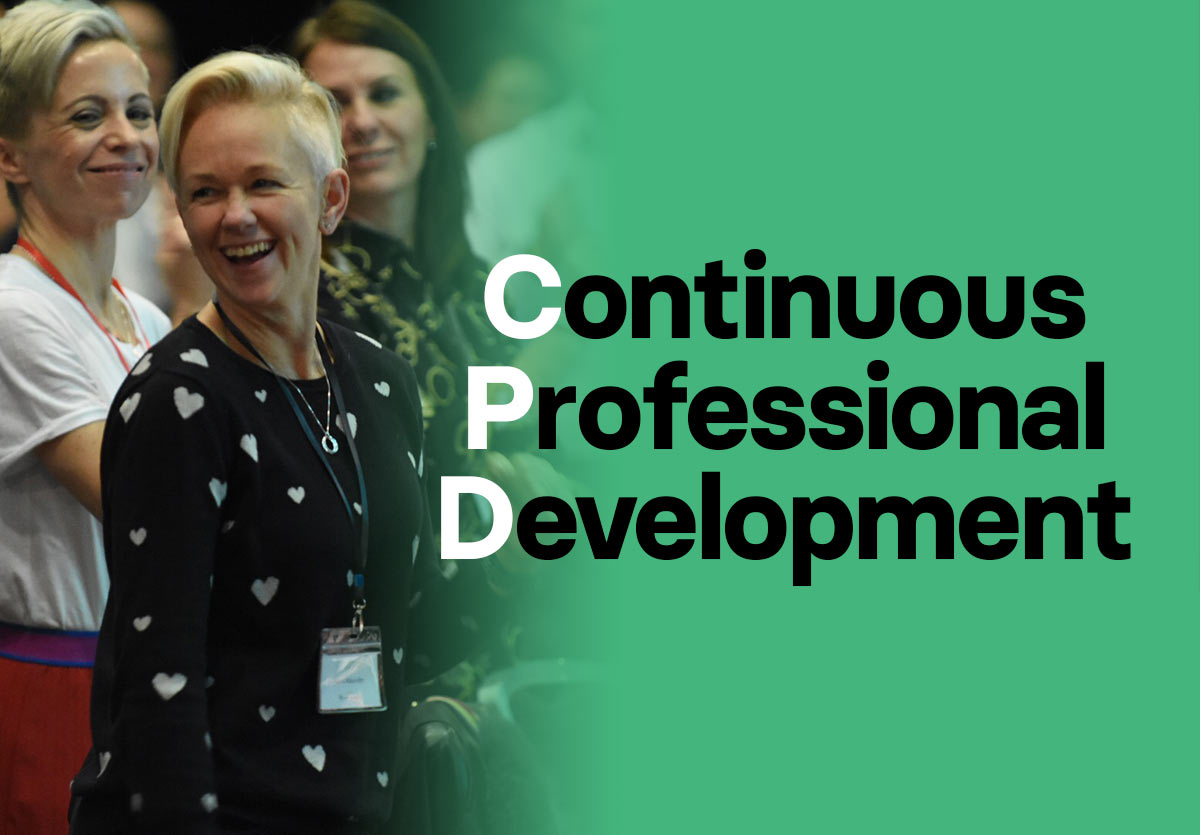In the realm of professional development, there is a delicate dance between personal growth and external intervention.
As an coach, you are well aware of the transformative power of coaching, helping individuals unlock their potential and achieve their goals. However, there is a unique challenge that arises when someone is volunteered for coaching rather than voluntarily seeking it out.
I can always feel a difference in the first session in particular, when a client has been ‘put forward’ for coaching by their company.
This situation requires a nuanced approach to build trust and ensure the coaching journey is fruitful.
When an individual is volunteered for coaching, it can introduce a subtle undercurrent of skepticism or resistance and it’s easy to imagine why.
They may question the motives behind the decision, feeling a lack of control over their own development process. They might also fear that you’ll be reporting back.
As a coach, your role becomes even more crucial in creating an environment of trust and open communication. This is where the Trust Equation comes into play, offering valuable insights into the dynamics at play in such situations.
The Trust Equation, developed by Charles H. Green, provides a framework for understanding the elements that contribute to building trust: credibility, reliability, intimacy, and self-orientation. Let’s explore how each component is particularly relevant in the context of volunteered coaching.
Credibility is the foundation of trust. It encompasses your expertise, experience, and reputation as a coach. When someone is volunteered for coaching, they may question your credibility. It becomes imperative to establish your credentials and demonstrate your competence. Share success stories and testimonials from previous clients to showcase your track record of helping individuals overcome challenges and achieve their goals.
This reassurance can help dispel any doubts and build trust in your abilities.
Reliability is the next element to consider. When an individual hasn’t actively sought coaching, their commitment may waver, leading to cancellations or a lack of follow-through. It’s important to address this by emphasising the value and impact of coaching. Highlight the benefits they can expect to gain from the process, such as enhanced leadership skills, increased self-awareness, or improved work-life balance.
By emphasising the positive outcomes and aligning coaching with their goals, you can cultivate reliability and commitment.
Intimacy refers to the level of emotional connection and rapport between coach and client. In volunteered coaching, it may take longer to establish this connection, as the individual may initially perceive the coaching process as intrusive or imposed. Invest time in building a safe and non-judgmental space where they feel comfortable sharing their thoughts and concerns.
Active listening, empathy, and genuine curiosity can go a long way in fostering intimacy and deepening the coaching relationship.
Self-orientation is the final component of the Trust Equation. It refers to the extent to which a person focuses on their own interests versus the interests of others. In volunteered coaching, there is often a need to address the individual’s skepticism and resistance, which can stem from a perceived lack of control over the process. By actively involving them in co-creating the coaching agenda, you empower them and demonstrate that their interests are at the forefront. This shift from a top-down approach to a collaborative one helps mitigate self-orientation concerns and encourages active engagement.
Additionally, understanding the Law of Reciprocity can be instrumental in navigating the intricacies of volunteered coaching. The Law of Reciprocity suggests that when someone receives a favor or a gift, they feel compelled to reciprocate. By offering support, guidance, and expertise, you are providing value to the individual, which can create a sense of indebtedness and foster a greater willingness to actively participate in coaching.
In conclusion, volunteered coaching presents a unique set of challenges. By employing the Trust Equation and leveraging the principles of credibility, reliability, intimacy, and self-orientation, you can build trust, dispel skepticism, and facilitate a meaningful coaching journey.
Remember, as an coach, you have the power to transform lives and empower individuals to reach their fullest potential, even in situations where coaching is volunteered. By approaching these circumstances with empathy, patience, and a steadfast commitment to building trust, you can navigate this tricky territory and help your clients thrive.







